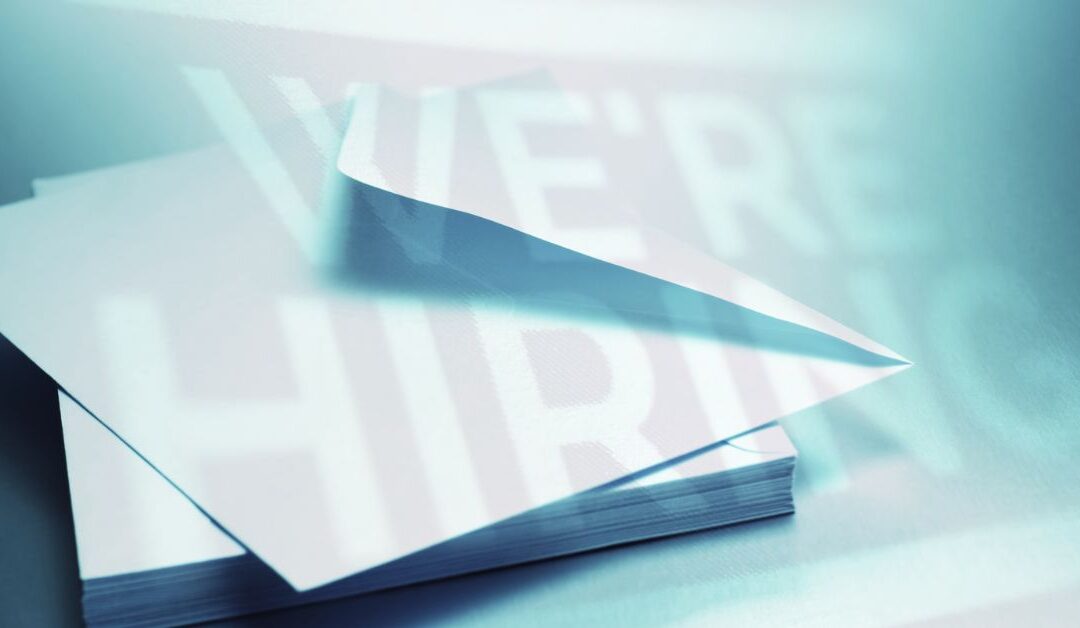How to turn one piece of information into six posts!
There is an abundance of information at our fingertips today. We even have social media platforms that specialize in sharing information, Google, Reddit, Quora, etc. There is information on every possible subject. These subjects in turn can be narrowed down to the finest of niches! So, why do people still get stuck knowing what to post on LinkedIn?
When I work with clients who want to build their online presence using LinkedIn, they’re often lost as to where to start and what to share? They even get a little anxious and apprehensive about the thought.
What’s your purpose for being on LinkedIn?
LinkedIn is a great place to network for many different reasons and you need to be clear about your reasons. You can use LinkedIn if you are looking for your next job or want to progress your career as one of the many routes to market.
LinkedIn can be used if you are a freelancer or contractor and want to promote your services or products. It’s also a great place to network with your peers, which in turn helps promote all the above.
LinkedIn can help you with the following:
- Becoming a Thought Leader
- Market a product or service
- Be the ‘Go to Expert’
- Build a ‘side hustle’ and promote your services or product
- Network with peers in their discipline and sector
Before, during, and after an event
You’ve seen the posts, you’ve commented on a few, and you may have even shared a couple! However, people still don’t get the most out of the information they post.
They are missing an opportunity if they don’t post about the same event, before, during, and after.
You can even reflect back after a few months to share how you feel after putting the knowledge into practice, or the outcome of attending the event.

#1 When you are considering attending an event:
Are you considering attending a job fair or a training event, or perhaps a trade seminar?
Before you’ve even made up your mind to go, you can post about it. Even better you can ask if anyone has attended the event previously and ask their opinion.
Asking questions is a good way to get interaction and increase engagement on your posts. Increasing the engagement on your posts ‘manipulates’ the LinkedIn algorithms to share the post to reach more people.
#2 The day before the event:
The day before the job fair or event – post about it.
If you are attending a Job Fair, for example, let your network know the venue, the employers attending the event, and how you’ve planned your day. Most people just turn up to events like this and randomly mingle with most of the employers with no real thought.
If you’ve attended a Jobs Fair or Event before, you’ll know it’s tiring work making small talk with strangers! The event will go quickly too and you may miss out on talking to the most relevant employers on the day.
Posting about events ahead of time will help others in similar situations, or those interested in attending job fairs. So, don’t be selfish and share ahead of time!
#3 The day of the event:
On the day of the job fair – post about it.
You can gather a lot of content for future posts at the event itself. Most people will share all the photos they’ve taken on the day in one post and never post again.
So, take a photo of everything and everyone…with permission of course! Most people will be delighted to ‘pose’ for a photo and share their brand. They’ll probably be doing their own social media posts on the day and ask if they are using a specific hashtag. If you know what hashtag they are using, you can get involved with the posts, Tweets, etc.
If someone isn’t keen on having their photo taken, you can just take a photo of the banners and the table full of goodies!
I forgot to mention all the freebies at these events! At some events, they’ll give you a tote bag to collect the key rings, pens, mugs, sweets, etc. Oh, I love the freebies!

Mastering the Art of Preparation: A Guide to Nailing Tough Job Interviews
Facing a tough job interview can be daunting, but with the right preparation, you can turn it into a rewarding...

The Art of Crafting an Effective Cover Letter
What is a Cover Letter and Why Should You Include it With Every Application? In today's competitive job market, job...

Top 10 Jobs for Introverts: Embrace Solitude in Your Career
Embracing solitude in your career doesn’t mean sacrificing success or fulfillment. With a plethora of options available, introverts can find rewarding and meaningful work that aligns with their preference for minimal interaction.
#4 The day after the event:
The day after the job fair – post about it.
Another great opportunity is to talk about the event or job fair the day after while you are still buzzing about who you met and how you’re going to move forward.
If you are attending a job fair it’s best to connect with the people you meet ideally on the same day and while you’re talking to them. Or at the least, the next day. Don’t leave it a few days or a week, they would have forgotten about the event and moved on to business back in the office. You must seize the opportunity to connect with the person you meet. Then you can start networking with the person on and offline.
There won’t be much time to talk in-depth with the people at Job Fairs, it’s a ridiculously busy day for them. Some employers with a big and popular brand will have queues of people lined up to chat to the recruiters. Arrange a follow-up call or meeting after the event to discuss future opportunities.
#5 A month after the event:
A month later share the results or updates from attending the job fair. It’s been a month and you’ve connected with the people you met and hopefully, you follow up with a call or meeting or at least an email.
What happened next?
Trust me, people want to know what happened next. Most people are naturally curious and we all love a story. Tell your story! Did you follow up on an opportunity after the event? Were you offered an interview? Have you been offered a job? Even if you want to be a little vague on the details, it’s worthy of sharing the progress.
Your colleagues, ex-colleagues, and peers will be interested in what’s happened next and if it’s worth attending the event. It’s good to share!
#6 Post 6 to 12-months after the event:
It’s good practice to regularly review your goals, action steps, and milestones. There are several good reasons for reviewing your goals, checking on progress, adjusting your actions if things aren’t progressing at the speed you would like, and celebrating how far you’ve come.
It’s your plan, you can celebrate the small wins and the big milestones!
6 months or a year later, talk about the event. By that time, your life might have changed or the event might be happening again. Another reason to share what you got from the event during and after and let others know it’s a good idea to attend.
If it’s been a year, you can most definitely share the photos again. Not many of your network will remember you shared them a year ago and so what if they do, it’s a lovely reminder.
You might be thinking that you don’t want to ‘show off’ all the time on social media or it feels a bit too ‘me, me, me!’.
Try to reframe your thinking on this one.
Think about the people you are helping, consider the people who are unsure about attending a specific event, don’t know what to expect, are not sure it’s for them, etc. Your post will help other people to make informed decisions and that’s always a good thing to do.
What else can you share on LinkedIn?
- Events
- Job Fairs
- Trade Fairs
- Networking events
- Seminars
- Breakfast meetings and seminars
- Training courses or workshops
- Award ceremonies
Share your knowledge on a range of subjects:
Sharing what you know and how you can help your customer is really important when you are asking people to hire you! They want to be confident you know your subject! What better way to share your knowledge than on a free social media platform like LinkedIn?
Share Tips and Techniques:
Be generous about helping people without charging a fee. Again, this is a great way of demonstrating you can help people with a range of issues.
Educate your audience about changes in your sector and share news updates:
If you are part of professional membership, then every month you’ll have new news and updates to share! An exhaustive supply of content!
Inform your audience of any important regulation changes:
No one likes reading regulations and legislation…it’s dull! But if the regulation changes, it needs to be understood and you could share the snippets that people need to know and why they are relevant.
Teach your audience by sharing ‘How to’ posts:
Some of the biggest searches on Google start with ‘how to…’ and this is another great way to share with your audience, you have the know-how!


Recent Comments